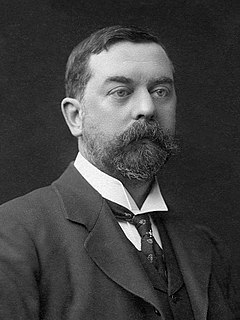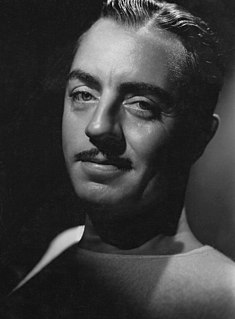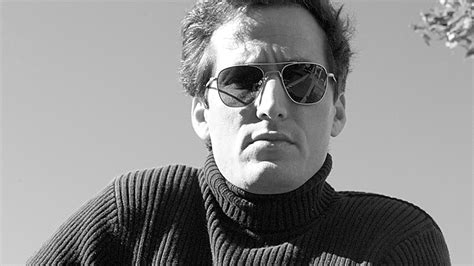A Quote by George Eliot
What mortal is there of us, who would find his satisfaction enhanced by an opportunity of comparing the picture he presents to himself of his doings, with the picture they make on the mental retina of his neighbours? We are poor plants buoyed up by the air-vessels of our own conceit.
Related Quotes
Whoever is wise is apt to suspect and be diffident of himself, and upon that account is willing to "hearken unto counsel"; whereas the foolish man, being in proportion to his folly full of himself, and swallowed up in conceit, will seldom take any counsel but his own, and for that very reason, because it is his own.
He moves not through distance, but through the ranges of satisfaction that come from hauling himself up into the air with complete and utter control; from knowing himself and knowing his airplane so well that he can come somewhere close to touching, in his own special and solitary way, that thing that is called perfection.
Man tries to make for himself in the fashion that suits him best a simplified and intelligible picture of the world; he then tries to some extent to substitute this cosmos of his for the world of experience, and thus to overcome it. This is what the painter, the poet, the speculative philosopher, and the natural scientists do, each in his own fashion. Each makes this cosmos and its construction the pivot of his emotional life, in order to find in this way peace and security which he can not find in the narrow whirlpool of personal experience.
Impressionism' was the name given to a certain form of observation when Monet, not content with using his eyes to see what things were or what they looked like as everybody had done before him, turned his attention to noting what took place on his own retina (as an oculist would test his own vision).
'Impressionism' was the name given to a certain form of observation when Monet, not content with using his eyes to see what things were or what they looked like as everybody had done before him, turned his attention to noting what took place on his own retina (as an oculist would test his own vision).
I have never gone into a picture without first studying my characterization from all angles. I make a study of the fellow's life and try to learn everything about him, including the conditions under which he came into this world, his parentage, his environment, his social status, and the things in which he is interested. Then I attempt to get his mental attitude as much as possible.
With only one life to live we can't afford to live it only for itself. Somehow we must each for himself, find the way in which we can make our individual lives fit into the pattern of all the lives which surround it. We must establish our own relationships to the whole. And each must do it in his own way, using his own talents, relying on his own integrity and strength, climbing his own road to his own summit.
What a curious picture it is to find man, homo sapiens, of divine origin, we are told, seriously considering going underground to escape the consequences of his own folly. With a little wisdom and foresight, surely it is not yet necessary to forsake life in the fresh air and in the warmth of the sunlight. What a paradox if our own cleverness in science should force us to live underground with the moles.
What our generation failed to learn was the nobility of work. An honest day's labor. The worthiness of the man in the white socks who would pull out a picture of his grandkids from his wallet. For us, the factory would never do. And turning away from our birthright - our grandfather in the white socks - is the thing that ruined us.
He appeared to enjoy beyond everything the sound of his own voice. I couldn't wonder at that, for it was mellow and full and gave great importance to every word he uttered. He listened to himself with obvious satisfaction and sometimes gently beat time to his own music with his head or rounded a sentence with his hand.
When Luke had descended into the River Styx, he would've had to focus on something important that would hold him to his mortal life. Otherwise he would've dissolved. I had seen Annabeth, and I had a feeling he had too. He had pictured that scene Hestia showed me—of himself in the good old days with Thalia and Annabeth, when he promised they would be a family. Hurting Annabeth in battle had shocked him into remembering that promise. It had allowed his mortal conscience to take over again, and defeat Kronos. His weak spot—his Achilles heel—had saved us all
You can never capture a person in picture, never. You might get an interesting expression or gesture. I almost never research a picture subject ahead of time. I think Karsh is full of baloney. Can you imagine spending a whole week out in La Jolla with Jonas Salk soaking up his ambiance, then wind up making him look as if he's in the studio in Ottawa with his thumb under his chin?




































